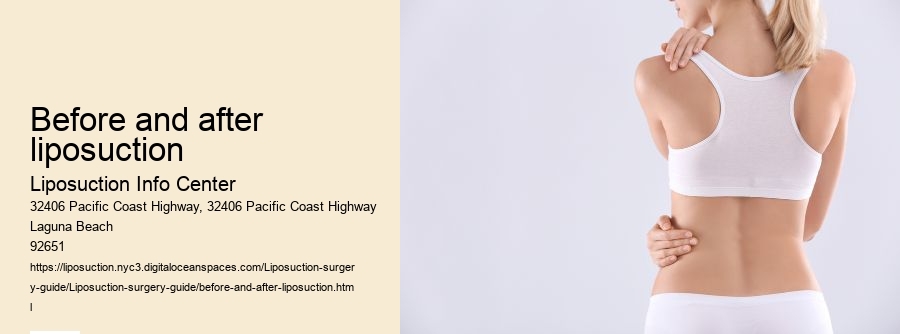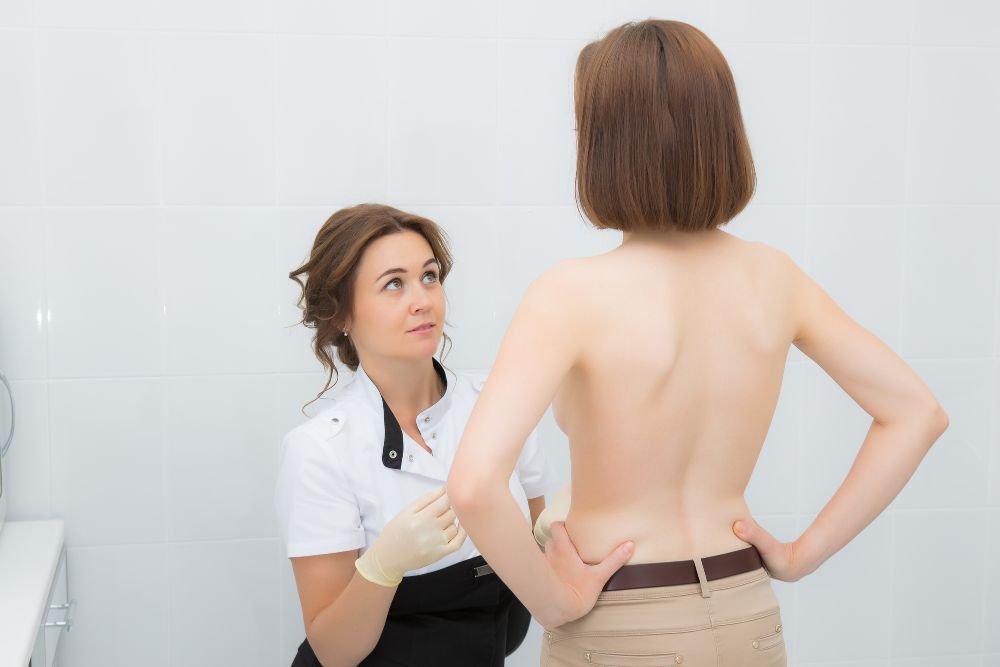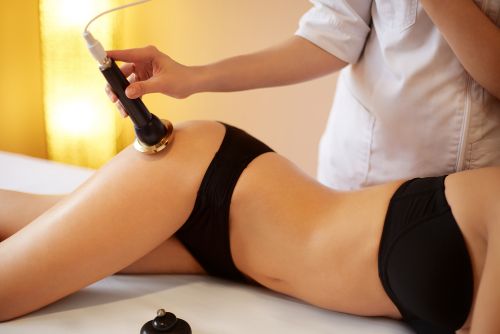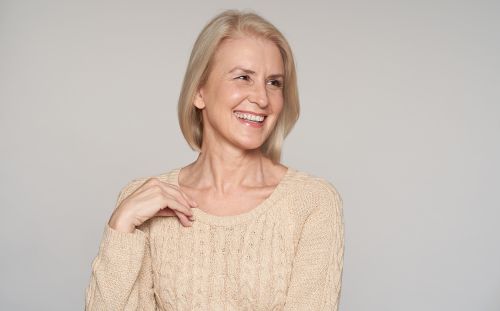
before and after liposuction
Coolsculpting
Lipo is one the most popular cosmetic procedures in America. Each year, more than 300,000.000 cosmetic procedures are carried out in the USA. Prices start at $2,000 and go up to $3,000.
Although there are many liposuction methods that surgeons around the world use, they all use the same process. This is a surgical procedure. Before the operation, the patient is given anesthesia. The cannula tube is a tube that allows patients to drain their fat cells by making small punctures. The fat is often broken down using ultrasound, lasers or infused liquids prior to suctioning.
Even if you are gaining significant weight, your body will still need a place to store it. Your body's fat distribution may change after surgery. It is possible to anticipate fat returning in certain body parts such as the triceps, upper abdomen, and external upper legs. This creates entirely new issues areas. Extreme weight gain can cause the fat cells to continue to expand, but less than normal.




